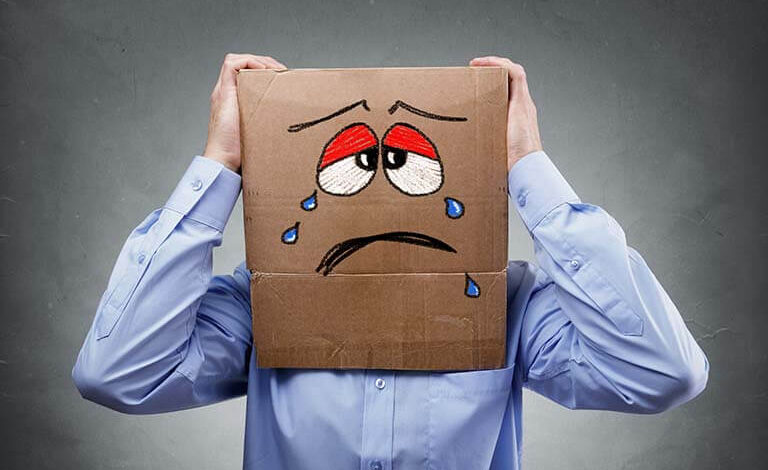Common Myths About Depression: Debunked. A major depressive disorder is characterized by a sad mood, inability to concentrate, loss of interest and other symptoms that affect how an individual thinks and feels. This disorder can result in stress at home, poor workplace performance, and turmoil in relationships. It is the leading cause of disability in the United States for individuals 15-44 years of age and has the potential to affect individuals of any age, gender or ethnicity. As with many other mental health disorders, the stigma associated with depression has caused many common myths within society. These common misconceptions about depression can make living with this mental illness even more challenging.
Myth #1 Depression is not a real illness
Fact: Depression is a mental health disorder and is one of the leading causes of morbidity and mortality worldwide.
The Diagnostic and Statistical Manual of Mental Disorders, Fifth Edition (DSM V), and the American Psychological Association (APA) classify depression as a mood disorder which is caused by many factors such as genetics, an abnormality in brain chemistry, social and environmental factors. This mental illness affects more than 15 million adults in the United States and costs the United States $210 billion dollars per year. Many medical conditions such a hypothyroidism, diabetes, hypercalcemia and vitamin D deficiency can mimic depression and many individuals present to their medical doctor with somatic complaints but upon further investigation are diagnosed with depression.
Myth#2 Depression only affects women
Fact: Depression affects both men and women and individuals of all ages, races and socioeconomic status.
Although depression is more common in women; it is also quite prevalent in men as well. Depression affects 20% of women and 12% of men in the United States.
The incidence of depression is approximately 1% in preschool-aged children, 2% in school-aged children, and 5% in adolescents
Myth#3 Depression occurs only after experiencing a devastating event
Fact: Depression results from many causes such as genetic factors, environmental factors, and social factors.
Genetics is one of the leading causes for depression and studies have shown that first-degree relatives (parent, sibling, and children) of individuals with depression are three times more likely to develop depression than the rest of the general population. Precipitating stressors such as the loss of a loved one, the loss of a job or a chronic medical illness can increase the risk for depression however depression can occur without any precipitating factors.
Myth#4 Antidepressants always treat depression and will also change your personality
Fact: Antidepressants are the part of the mainstay treatment regimen for depression however psychotherapy is also recommended to treat depression. Antidepressants can affect an individual’s mood but will not change their personality.
Antidepressants such as selective serotonin reuptake inhibitors (SSRIs) are the first-line treatment for moderate to severe depression and are known to alter the brain chemistry by increasing the level of serotonin but they do not change an individual’s personality but rather alter their mood. Psychotherapy such as cognitive behavioral therapy is considered the first-line treatment approach for mild depression and when used in combination with antidepressants, this treatment regimen is known to have the most effective outcome.
Myth#5 People can just “snap out” of their depression through positive thinking
Fact: Depression is a mental illness that results from many different causes and requires treatment with antidepressants, psychotherapy or both.
Depression is not just a state of mind but rather a disorder affecting the brain chemistry resulting in a depressed mood. Nobody chooses to be depressed and it is not a disease of self-pity or weakness. Professional psychological treatment is necessary to curb symptoms. Most individuals with depression do not want to feel depressed and want to seek help but they either do not have access to treatment or are hindered by the stigma associated with mental illness.
24/7 ADMISSION HELPLINE 888-629-6707




